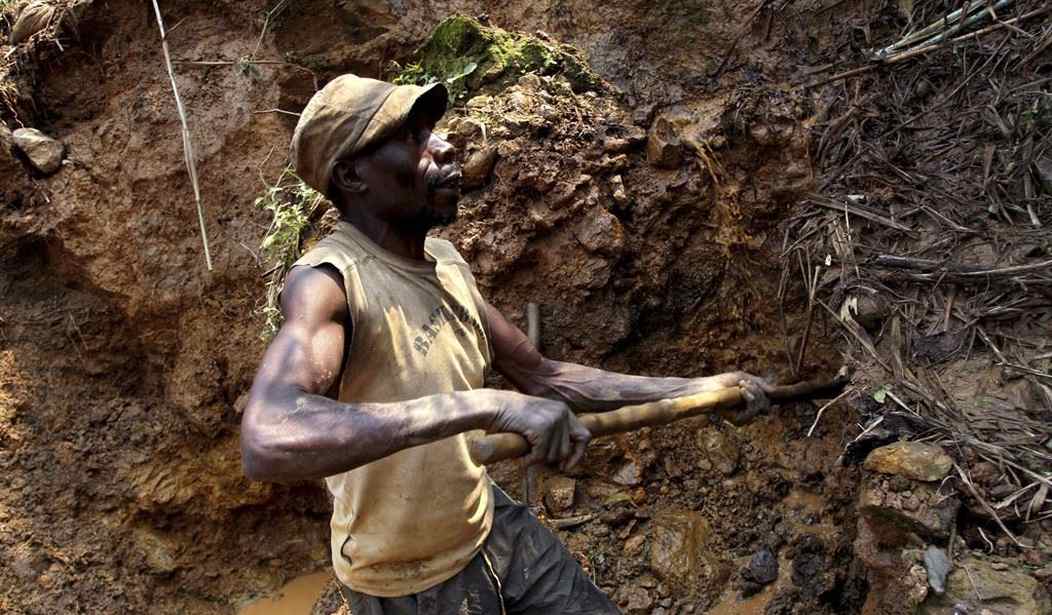Those pushing a green energy transition in the U.S. and beyond will need to address a major supply chain problem—namely that key materials used in these products are sometimes acquired through child labor or forced labor practices.
A Department of Labor report published this month, "2024 List of Goods Produced by Child Labor or Forced Labor,” highlights the humanitarian concerns involved in green technologies, as well as in other sectors such as agriculture and the fishing industry.
"Forced labor and child labor are all too common globally—even in times of prosperity and in both wealthy and poor countries," wrote Thea Mei Lee, deputy undersecretary for International Affairs, in a statement attached to the report. "And, while comprehensive and accurate statistics are not always available, global trends show that both child labor and forced labor are on the rise."
The new report stated forced labor is involved in the extraction of Chinese aluminum and silicon, Indonesian nickel and cobalt from Congo. It said child labor was being used to mine the aforementioned cobalt as well as copper from Congo and Zambia, Zambian manganese, Zimbabwean lithium and inputs used for South Korean Indium.
It also highlighted labor concerns regarding the supply chain for certain Chinese products, saying Chinese lithium-ion batteries were produced with minerals from Congo that used child labor and/or forced labor.
The global transition away from planet-warming fossil fuels and toward more climate-friendly renewables and electric vehicles, often called the energy transition, is driving up demand for such minerals, which are used in technologies like electric vehicles, batteries and power lines.
The International Energy Agency has projected that by 2040, demand for lithium could grow by more than 40 times, while demand for cobalt and nickel could grow by about 20 times to 25 times. Copper demand is projected to more than double during the same period.
The U.S. does not necessarily get the majority of its imports of these metals from the countries in question, but they’re still major global suppliers.
For example, 46 percent of U.S. nickel imports come from Canada, but half of the nickel mined worldwide in 2023 came from Indonesia. And while major suppliers of U.S. cobalt imports include Norway, Canada, Finland and Japan, most of the world’s cobalt comes from Congo.
Abigail Hunter, executive director of the Center for Critical Minerals Strategy at energy security think tank SAFE, said this means that even if the U.S. isn’t directly importing the minerals, it is still likely importing items that contain them. (The Hill)
Recommended
The report said the findings are a call to action to academics, NGOs, governments, and global companies to investigate the issues highlighted and develop practical, long-term solutions.
"Behind every item on the TVPRA List are real people whose lives are affected by the choices we make—children who harvest our cocoa, adults who mine the minerals for our smartphones, and fishers held captive to catch our seafood," the report says. "Let their experiences drive our determination to create a world free from labor exploitation."
























Join the conversation as a VIP Member